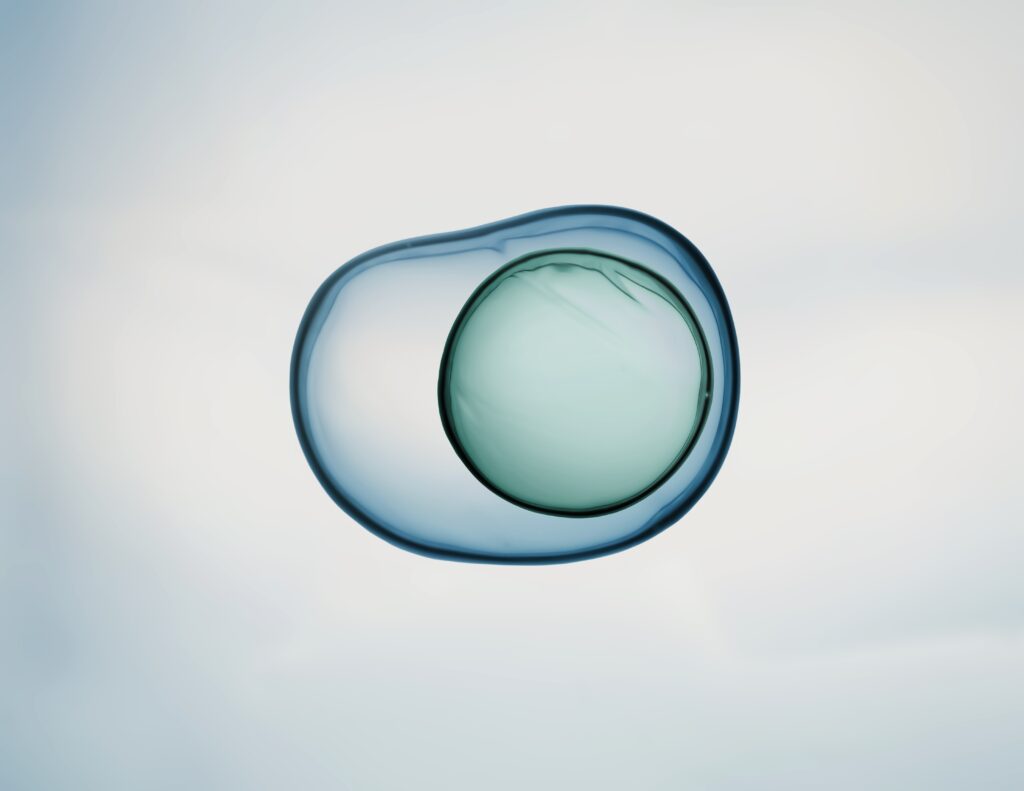Researchers at Oregon Health and Science University have created human eggs from skin cells, offering a potential new path for fertility treatment.
The process adapts cloning techniques first used to produce Dolly the sheep in the 1990s. Scientists transferred the nucleus of a skin cell into a donor egg with its nucleus removed, then fertilised the egg with sperm.
A major challenge was reducing the chromosome count from 46 to 23, as found in natural eggs. By using a compound called roscovitine, the team triggered the eggs to shed half their chromosomes. Some developed into early-stage embryos, though many had abnormal chromosome pairings. Out of 82 eggs, fewer than 10% reached the stage normally used for IVF transfer, and none were cultured beyond six days.
The research, published in Nature Communications, remains at proof-of-concept stage, but scientists say it could one day help women who cannot produce viable eggs due to age, illness, or medical treatment, as well as same-sex male couples.
Further refinement and testing are expected to take at least another decade.


